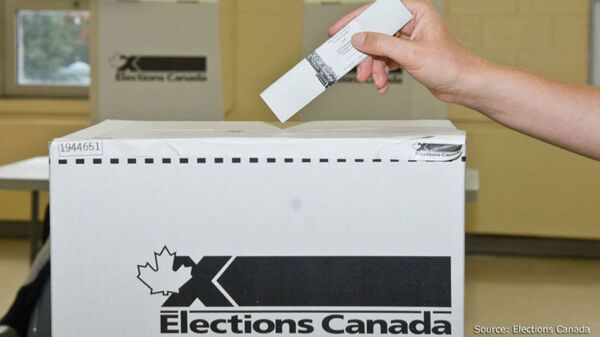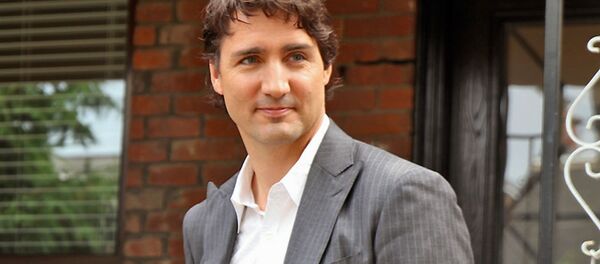Elections Canada, which oversees voting in the US’ northern neighbor, delivered the presentation “An Introduction to the Emerging Trends and Threats in Electoral Operations” in May 2014. It was later obtained by Canadian Press through the an open records request.
“We need look no further than the United States to find a vast overview of contemporary voter suppression and surveillance practices,” the presentation stated, citing 17 cases in 15 states between 2004 and 2012.
They included prevention of opposition voters from casting ballots through “scare tactics, misinformation, or systemic challenging of registrations,” and also by contesting eligibility, identification or outright physical aggression at polling places.
Canada, in its own right, has been no stranger to voter suppression. In 2011, Conservative Tory party staffer Michael Sona was convicted for using robocalls to prevent suspected non-Tories from casting votes by giving them bogus information about polling stations.
The agency specifically cited that the tactics were used against Spanish speakers and black voters in the United States. “They often harass voters in predominantly minority voting districts, create anxiety and agitate voters,” the report continued.
The Sona saga is just the tip of the iceberg.
“What we saw in 2011 was a widespread campaign of voter suppression, and we’ve seen in rulings from the federal court that its purpose was to deter people who were not likely to vote conservative from casting their votes, and the likely source was the conservative party database,” Dylan Penner, organizer with the Council of Canadians, told CommonDreams.org.
“The ringleaders of the voter suppression campaign are still at large despite many calls on the commissioners of Canada elections to reopen the investigation. We are entering a new era of voter suppression in Canada.”
In response to the 2011 Sona scandal, the conservative Tory government passed the Fair Elections Act in 2014.
Penner refers to it as the “Unfair Elections Act” because “it makes it easier for perpetrators of election fraud to get away with it and compounds the problem by making it more difficult for many people to vote.”
“We have seen through the ‘Unfair Elections Act’ that marginalized and radicalized communities — and peoples with disabilities, Indigenous peoples, and homeless people — are disproportionately impacted by voter suppression,” said Penner.
Distrust in Canada’s election system has skyrocketed to all-time highs. A survey released last year said 70 percent of Canadians are worried political parties will attempt to “manipulate the outcome of future elections through illegal activities.”
“The ringleaders of the voter suppression campaign are still at large despite many calls on the commissioners of Canada elections to reopen the investigation,” Penner noted.





